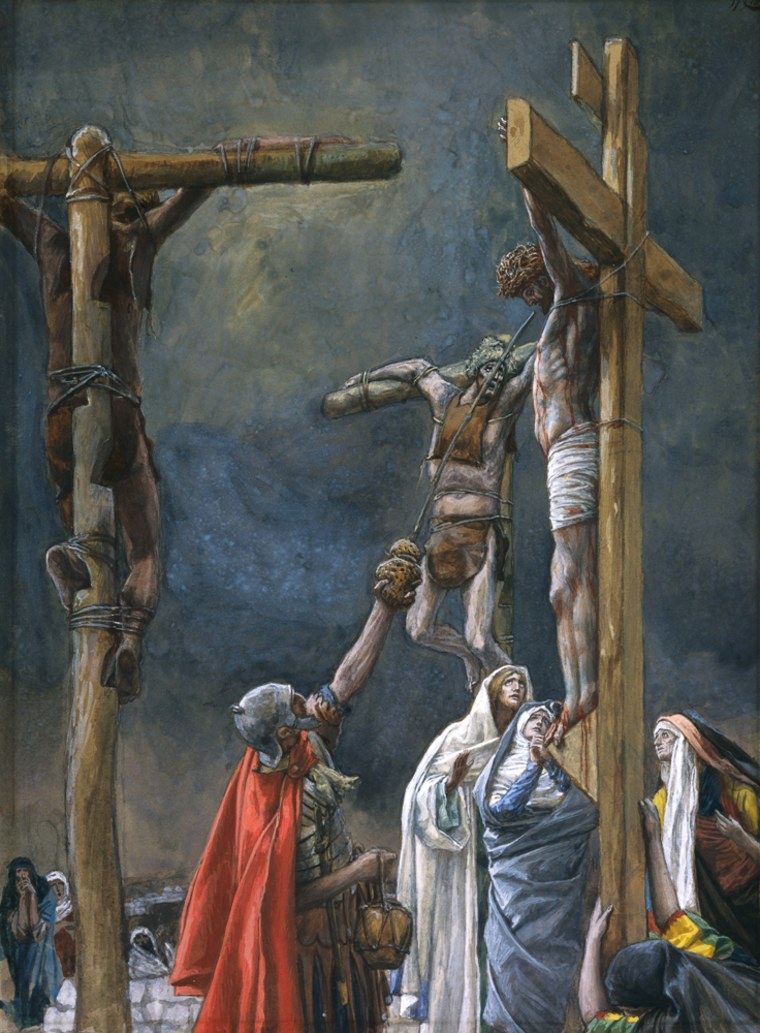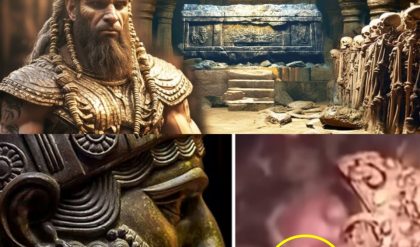In a groundbreaking development, a previously unknown letter from Pontius Pilate detailing the events surrounding the death of Jesus has been unearthed from an ancient archive. This astonishing discovery could offer new insights into one of history’s most significant events and has captured the attention of historians, theologians, and the public alike.

Details of the Discovery
Unearthing the Letter:
- The letter was found in an ancient archive during an excavation of a historical site believed to have been a Roman administrative center. The document, written on parchment, is in remarkably good condition and contains detailed accounts of Pilate’s involvement in the trial and crucifixion of Jesus.
Historical Context:
- Pontius Pilate, the Roman governor of Judea, is a key figure in the New Testament accounts of Jesus’ trial and crucifixion. The letter provides a first-person perspective from Pilate himself, potentially offering a new angle on the events described in the Gospels.
Content of the Letter
Details of the Trial:
- The letter describes Pilate’s interactions with Jewish leaders and his role in the trial of Jesus. It includes references to the political and social pressures Pilate faced, shedding light on the complexities of the trial process and the decision to sentence Jesus to crucifixion.

- The letter describes Pilate’s interactions with Jewish leaders and his role in the trial of Jesus. It includes references to the political and social pressures Pilate faced, shedding light on the complexities of the trial process and the decision to sentence Jesus to crucifixion.
Pilate’s Perspective:
- Pilate’s account provides a personal perspective on the events, including his reflections on the trial and his feelings about the decision to execute Jesus. This could provide valuable context and nuance to the historical understanding of Pilate’s role.
Implications for Biblical Studies:
- The letter could challenge or confirm various aspects of the biblical narrative. Scholars are examining the document for its historical accuracy and potential impact on interpretations of the Gospel accounts.
Reactions and Impact
Academic Interest:
- The discovery has sparked significant interest among historians and biblical scholars. Experts are analyzing the letter to authenticate its origins and assess its historical significance. The find is expected to generate extensive academic discussion and debate.
Public Fascination:
- The letter’s revelation has captivated the public, drawing widespread media attention and interest. It has led to renewed discussions about the historical context of Jesus’ crucifixion and Pilate’s role in it.
Religious and Cultural Reactions:
- The discovery has profound implications for religious communities. It may influence interpretations of the Passion narratives and contribute to discussions about the historical and theological aspects of Jesus’ death.
Challenges and Next Steps
Authenticity Verification:
- Experts are conducting rigorous tests to confirm the authenticity of the letter. This includes carbon dating, ink analysis, and comparisons with other historical documents to ensure the letter’s legitimacy.

- Experts are conducting rigorous tests to confirm the authenticity of the letter. This includes carbon dating, ink analysis, and comparisons with other historical documents to ensure the letter’s legitimacy.
Historical Analysis:
- Scholars are working to contextualize the letter within the broader historical and political landscape of the time. This analysis aims to understand how Pilate’s account aligns with or diverges from other historical sources.
Preservation Efforts:
- Preservation specialists are involved in conserving the document to ensure it remains in good condition for future study. The letter will likely be featured in museums and exhibitions once its authenticity and historical significance are fully established.
Conclusion
The discovery of Pontius Pilate’s letter detailing the events surrounding Jesus’ death is a monumental find that promises to deepen our understanding of a pivotal moment in history. As experts work to authenticate and analyze the document, the potential insights into Pilate’s perspective and the trial of Jesus could reshape historical and theological discussions. The revelation has ignited global interest, highlighting the ongoing quest to uncover and understand the truths of ancient history.





